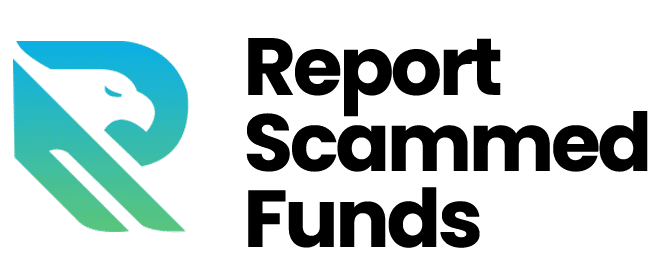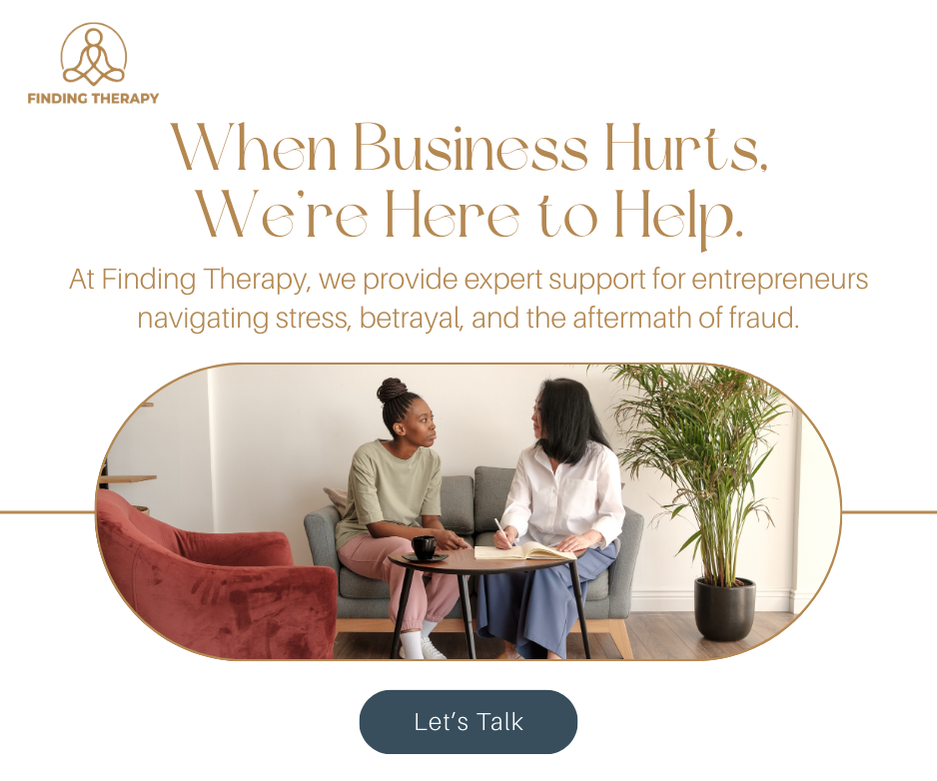
In today’s digital world, scams have become increasingly sophisticated, making it crucial to stay vigilant. Scammers use various tactics, including phishing emails and fraudulent investment schemes, to deceive people. Referring to an investment scammer list can help identify potential threats and avoid financial losses. Recognizing these warning signs can protect you from both monetary and emotional distress. Let’s explore ten common indicators that may signal a scam and learn how to safeguard yourself.rself.
1. Unsolicited Contact
Be very careful if you receive mysterious calls, emails, or messages proposing an investment opportunity or asking for personal information. They typically claim to represent a reputable company, financial institution, or even the government. How can you identify the scammers? They make urgent calls, demand instant action, and rarely provide believable, verifiable information. Organizations do not usually initiate contact without having contacted you first. Verify who is making contact first. If unsure, cross-check names against an investment scammer list to ensure their legitimacy.
2. High-Pressure Tactics
Scammers like to create a false sense of urgency to keep you from thinking critically. They will often tell you, “This opportunity won’t last long,” or, “You have to act now before it’s too late.” Preventing fraud begins with taking a step back and analyzing the situation. A legitimate investment or business opportunity will always give you time to properly research and make informed decisions. If someone is pushing you to commit quickly, that’s a huge red flag.
3. Promises of Exorbitant Profits
Be very cautious about investments promising high returns with little or no risk. No legitimate investment promises consistent, substantial profits, but fake ones often do. Many scams use a message stating you will get your money doubled or trebled within a short period without working on it seriously. Scammers use fake testimonials and constructed success stories to attract victims. First of all, check whether any investment opportunity is listed under the investment scammer list before moving ahead.
4. Personal Data
Legitimate organizations will never request sensitive information such as your social security number, bank account information, or passwords via unsecured means. When an unknown person requests personal information, you should be wary. Phishing is a method through which cyber-criminals obtain your identity and access your accounts. To better protect yourself from fraud, you should never disclose private information unless you can ascertain the authenticity of the requesting party.
5. False Qualifications
Fraudsters may claim to be professionals by giving themselves big titles, such as financial advisors, stockbrokers, or investment managers. However, their qualifications could be false or exaggerated. Be sure to verify the qualifications through official regulatory bodies before entrusting your money to them. Seek information about business registration, customer reviews, and professional licenses. If the information is hard to find or is inconsistent, keep away. Many fraudsters pretending to be financial experts are already listed in the unregulated forex brokers list, so check for their names there first.
6. Vague or Overly Complicated Investment Strategies

If an investment plan is too complicated or unclear, it may be a red flag for fraud. Scammers use confusion to make their schemes seem exclusive or highly sophisticated. A legitimate investment should be transparent and easy to understand. If the details are vague and explanations don’t make sense, it’s best to walk away. When in doubt, consult a trusted financial advisor for guidance.
7. Lack of Paperwork
Any genuine financial transaction should have proper documentation, such as contracts, terms, and conditions. If they refuse to provide the written details or advise you against seeking legal or financial advice, it is a danger sign. Prevention of fraud starts with proper documentation. Always read the fine print and never sign on pressure. Cross-referencing with an investment scammer list can also help verify if the company has a history of fraudulent dealings.
8. Exclusivity Claims
Exclusivity is another selling trick fraudsters like to use. They may try to make you feel like part of a “special” group with access to a unique opportunity. The scammer wants to make you feel privileged while denying you the chance to discuss the deal with anyone else who could recognise it as a scam. Always question why you’re being offered such an exclusive deal and seek a second opinion.
9. Unregistered Investments
Ensure that the investment you would like to engage in is registered with relevant financial authorities. Frauds are very afraid of going through the book because they expose their fraud to the regulatory authority. Before you invest, check with your country’s SEC or your financial regulator if such an investment has been legitimized. Never put your money in anything that lacks official approval.
10. Pressure to Keep It Confidential
A huge red flag is when a person asks you to keep this investment opportunity to yourself. People usually do that so that they do not find you discussing with people who will easily identify that it is just a scam. Genuine investments prefer transparency and doing some research before any commitment is made. Never make any decisions without consulting with your friends, family, or financial advisors first.
How to Protect Yourself?

Being aware of these signs is the first step in protecting yourself. Here are additional strategies to enhance your defense against scams:
- Educate Yourself: Stay informed about common scams and their tactics. The more you know, the better you can protect yourself.
- Use Strong Passwords: Protect your online accounts with complex passwords and enable two-factor authentication whenever possible.
- Monitor Financial Statements: Regularly review your bank and investment statements for unauthorized transactions.
- Verify Contact Information: Cross-check contact details provided by individuals or companies to ensure they are legitimate.
- Report Suspicious Activity: If you suspect a scam, report it to relevant authorities immediately.
Conclusion
Fraudsters are getting smarter, so being alert is of the essence. By identifying these red flags and taking preventive measures, you will be safe from financial scams. If you feel you have fallen prey to a scam or been a victim, then Report Scammed Funds will help you understand the situation and may recover the lost assets. The best way to ensure fraud prevention and keep your hard-earned money safe is to stay informed, use resources like an investment scammer list, and remain cautious in every financial decision. If you need expert help to get back lost money, don’t hesitate to contact Report Scammed Funds. Their team knows exactly how to assist victims through the whole recovery process.
Frequently Asked Questions (FAQs)
1. How can I validate an investment opportunity to prevent fraud?
Verify whether the company is registered with the relevant financial regulatory bodies, research the company’s reviews online, and make sure that all terms are written before you invest.
2. Why do fraudsters resort to high-pressure tactics?
Fraudsters make you feel a sense of urgency so that you don’t think or ask for advice. Legitimate businesses always give you time to make an informed decision.
3. Can fraudsters produce authentic-looking documents or websites?
Yes, fraudsters often design fake websites, emails, and documents that seem legitimate. Always check the URL, contact information, and licensing information before you go ahead.
4. What should I do if I think I am being scammed?
Stop all contact with the scammer, don’t send any money, report the scam to the authorities, and warn others to prevent more victims.
5. How do I protect my personal and financial information?
Use strong passwords, enable two-factor authentication, avoid clicking on suspicious links, and never share sensitive information with unknown sources.


